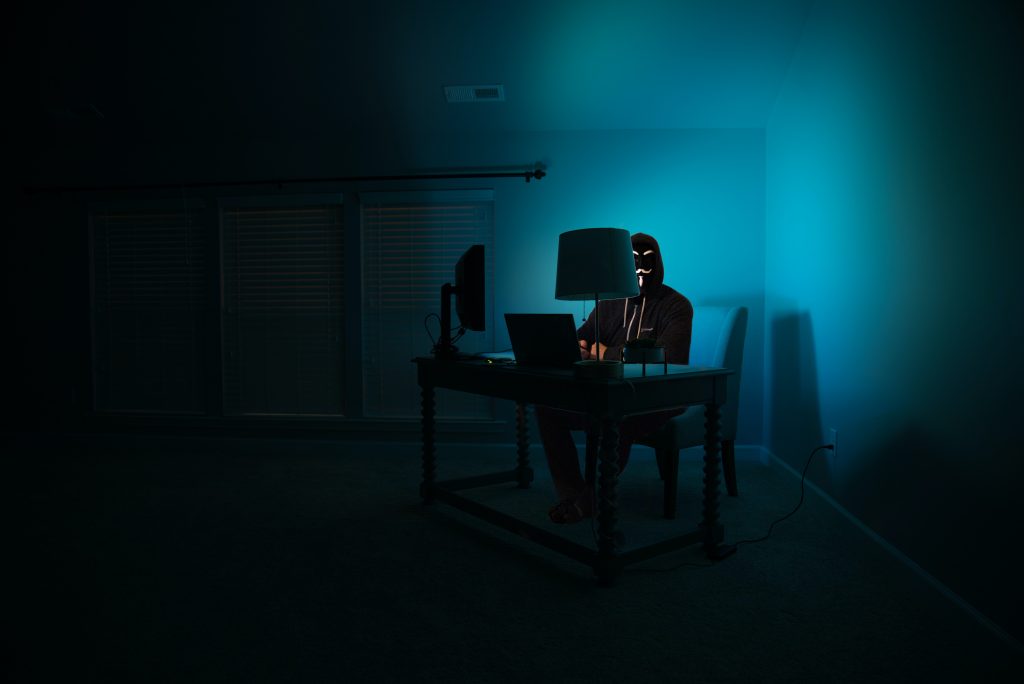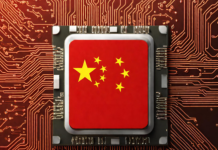The Chinese government’s recent crackdown on anonymous social media accounts has sparked controversy and debate among influencers and legal experts alike. Major social media platforms, including Tencent Holdings’ WeChat, ByteDance-owned Douyin, Kuaishou Technology, and Bilibili, have announced that influencers with at least half a million followers must display their true identities online.
The move comes as part of China‘s efforts to tighten its grip on the world’s largest internet market. In July, the Cyberspace Administration of China introduced a set of 13 rules designed to increase the management of “self-media” accounts, which publish news and information but are not affiliated with the government.

While some argue that the new policy will help regulate online content and eliminate “dangerous commentary,” others worry that it will expose influencers to cyberbullying and violate their privacy. Take, for example, the case of Tianjinguxia, a popular Weibo finance sector influencer with more than seven million followers. He has openly denounced the policy, stating that he would rather abandon his account than have his personal information displayed online.
Legal experts also weigh in on the matter. Lao Dongyan, a law professor at Beijing’s prestigious Tsinghua University, asserts that mandatory exposure of personal identity online raises the potential for cyberbullying and adds more pressure to social media users when expressing their thoughts and opinions.
While the government’s efforts to regulate online content are commendable, it is essential to strike a balance between public safety and individual privacy. As social media continues to play a significant role in our lives, it is crucial to protect the rights of influencers and users alike.
RELATED:
- Edifier TWS1 Air earbuds with Adaptive Noise Cancellation launched in China for 218 Yuan ($30)
- Vivo Y100 5G launched in China with Snapdragon 695 & 64MP OIS camera
- Best Smart Scales of 2023: Fitbit, Garmin, Eufy & More
(Via)







